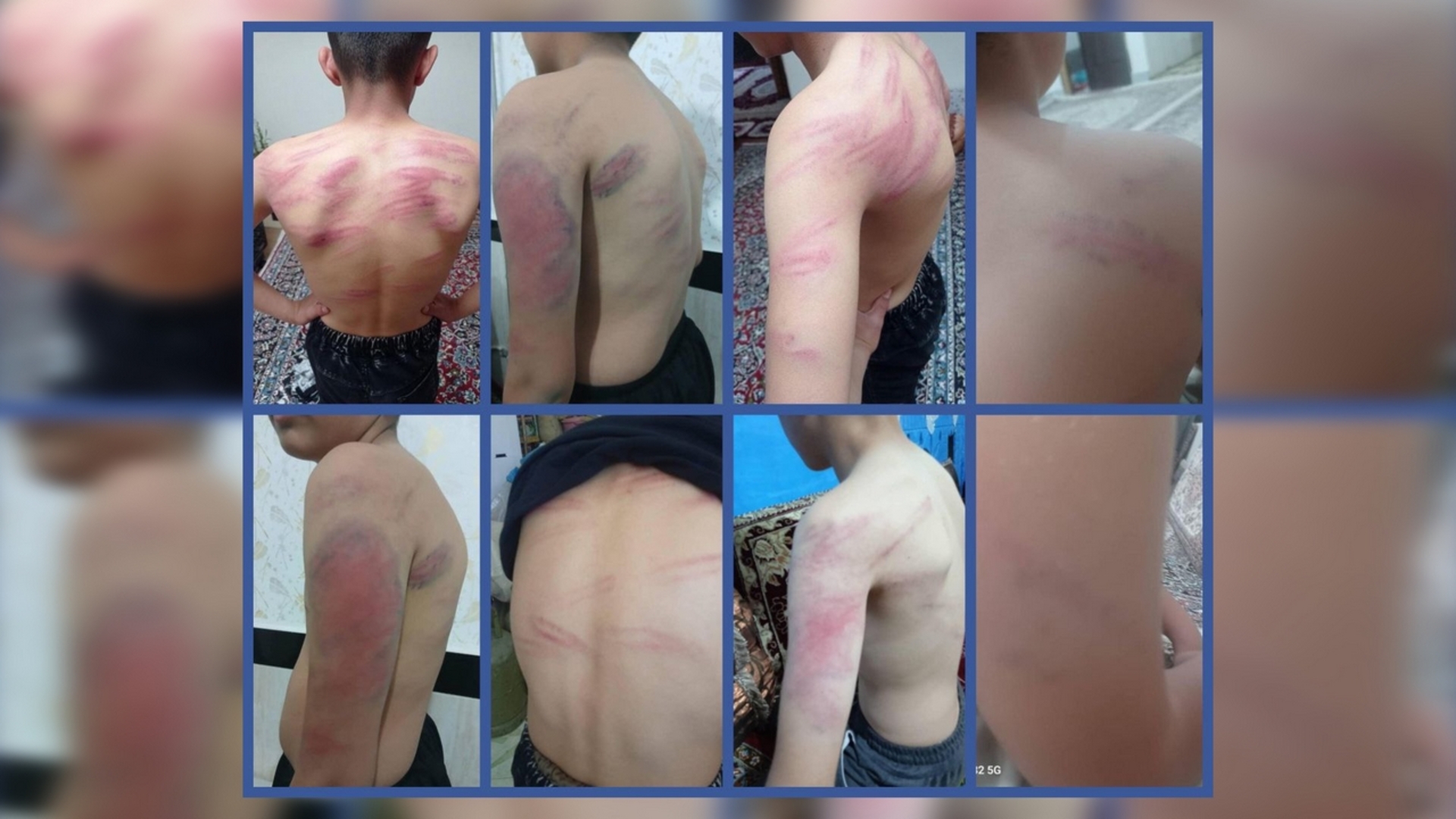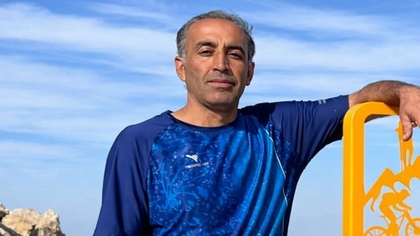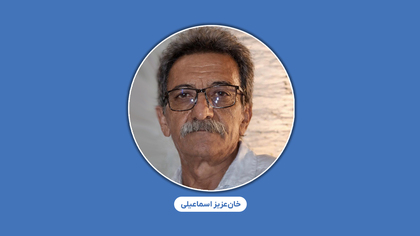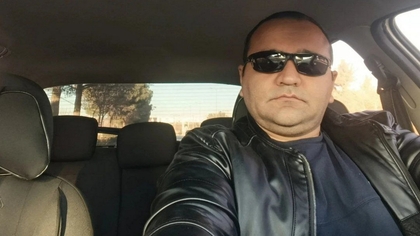13 Students Tortured by Teacher in Karjo Village, Sanandaj Over Missing Phone Charger

On Sunday, April 13, 2025, in Ghalamchi Primary School in Karjo village, located in the outskirts of Sanandaj, a teacher physically abused 13 male fifth-grade students over a missing mobile phone charger. According to reports, the teacher threatened the students with further abuse if they told their families.
Photos obtained by the Kurdpa Human Rights Organization show severe bruises and injuries on the bodies of several children.
Arbitrary Assault Without Investigation:
According to a Kurdpa source, the teacher, after realizing his charger was missing, assumed the students were involved and, without any investigation, subjected them to physical torture in the classroom. The impact of the beatings was so severe that bruising, wounds, and inflammation were visible across the children’s backs and shoulders.
Official Response and Legal Action:
Salahaddin Mofidi, head of Education Department, District 2 of Sanandaj, verbally assured the parents that the teacher would be dealt with and that the department supports children’s rights.
Meanwhile, families of the affected students have filed a formal complaint at the Hasanabad police station, according to the same source.
Iranian Law on Student Protection and Institutional Accountability:
Under Article 8 of the Law on the Protection of Children and Adolescents in the Islamic Republic of Iran, any form of physical violence against children—especially in educational settings—is illegal and prosecutable.
The National School Code of Conduct explicitly prohibits “any form of corporal punishment or verbal abuse” in schools, classifying such actions as misconduct.
Additionally, Article 2 of the Administrative Violations Act states that government employees, including teachers, can face disciplinary action—from warnings to suspension or dismissal—for “unprofessional behavior” or unlawful conduct.
Legal action in such cases can proceed along two tracks:
Judicial complaint by the students’ guardians.
Administrative inquiry by the Education Ministry.
Gaps Between Law and Practice:
Despite the existence of progressive laws, the Islamic Republic’s actual performance in protecting student rights and combating child abuse remains largely ineffective due to:
A culture of impunity in schools and educational institutions.
Discrepancies between law and enforcement.
Repressive environments in underprivileged regions’ schools.
Lack of independent oversight and transparency.
Government authorities often respond only when faced with media pressure, public outcry, or international scrutiny. Otherwise, silence, cover-ups, and inaction remain the default.
The Plight of Karjo Village:
Karjo village, located in the central district of Sanandaj County, has seen limited population growth but remains severely underdeveloped in terms of infrastructure. It lacks:
Paved roads
Reliable public transportation
Local administrative facilities
Ghalamchi Primary School is the only formal educational institution in the village. However, it suffers from:
Severe shortages in teaching staff and materials
Lack of sanitary facilities
No mental health or counseling support
Teachers often serve multiple grade levels simultaneously with minimal training, particularly in dealing with vulnerable children. Classrooms generally lack heating systems, libraries, and recreational areas.
The village faces overlapping crises: structural deprivation, weak institutional oversight, and isolation from basic public services. These conditions contribute to repeated patterns of violence in schools—incidents that often go ignored, silenced, or suppressed through intimidation.



